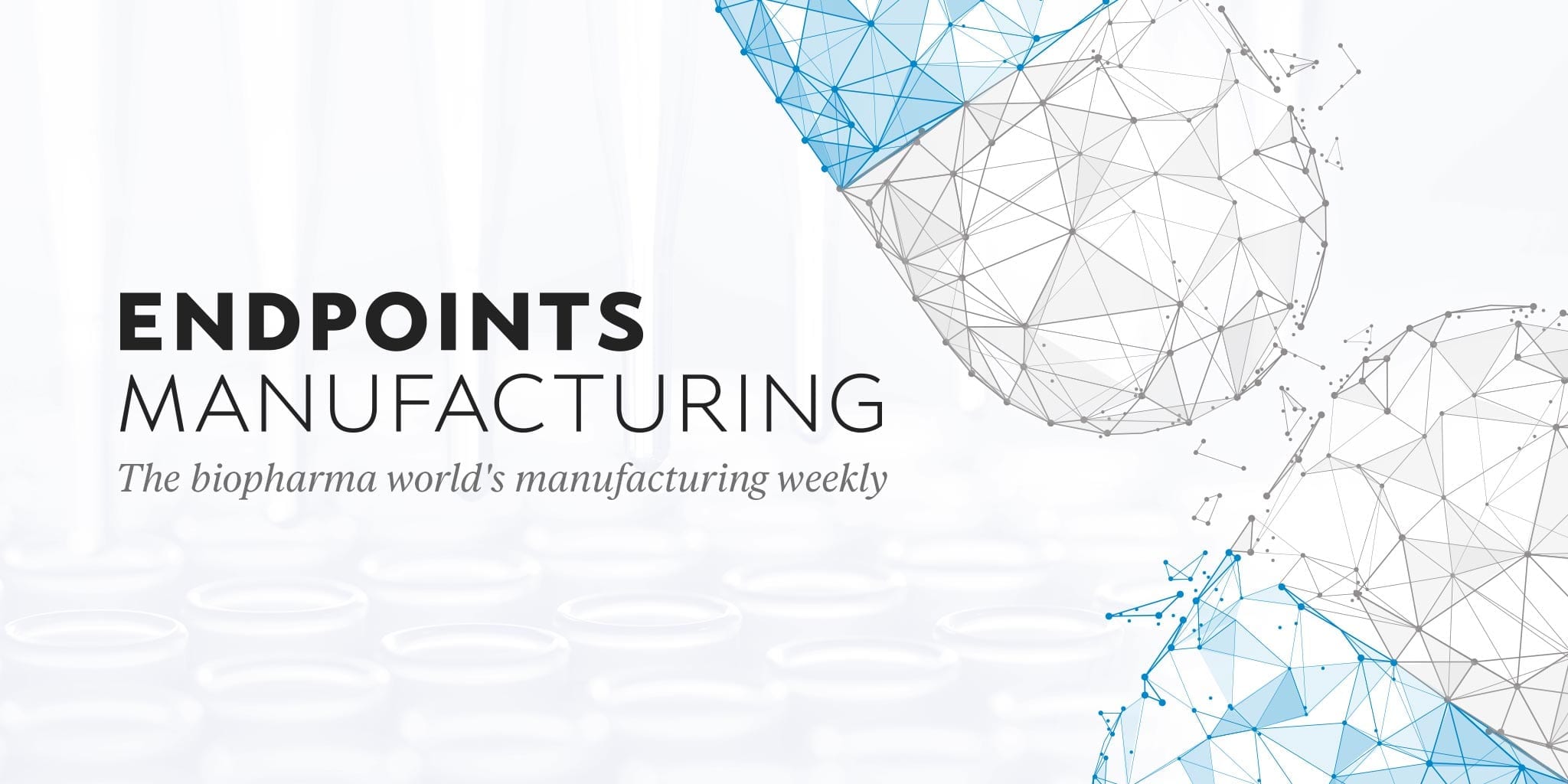
Manufacturing roundup: WuXi STA unveils new facility; Purdue University nets $3M grant for zero-waste pharma manufacturing
CDMO WuXi STA has been on the move recently by breaking ground on a facility in the US, and the company is showing no …
Sign up to read this article for free.
Get free access to a limited number of articles, plus choose newsletters to get straight to your inbox.